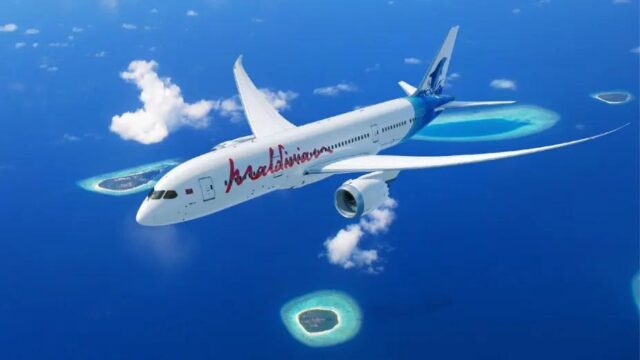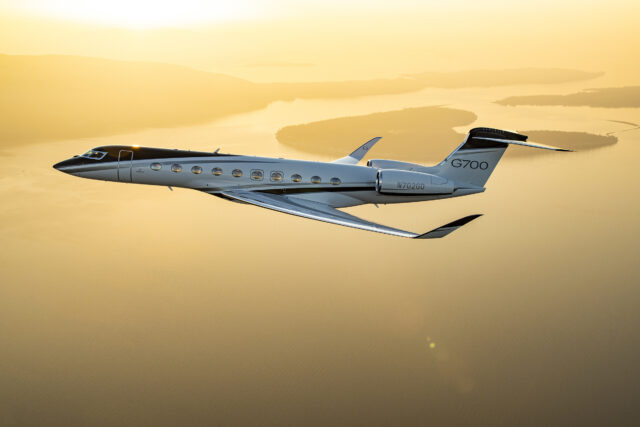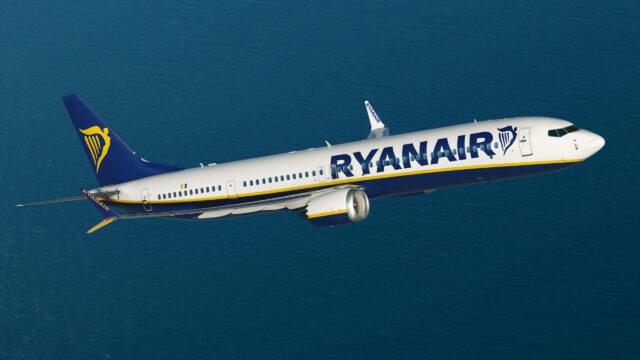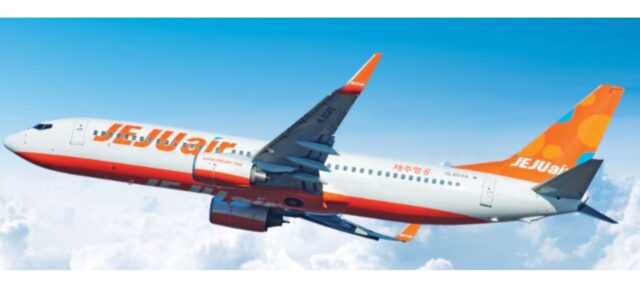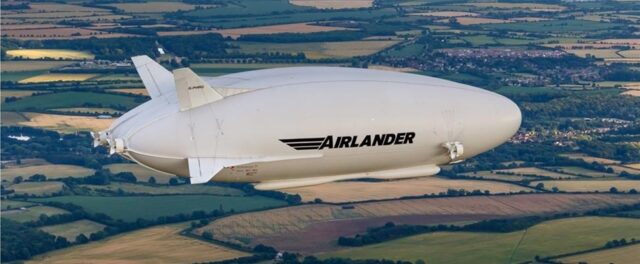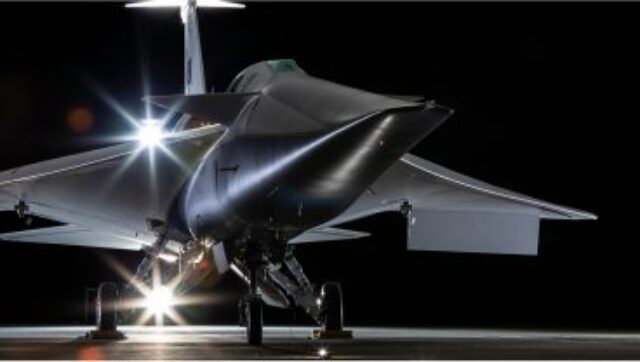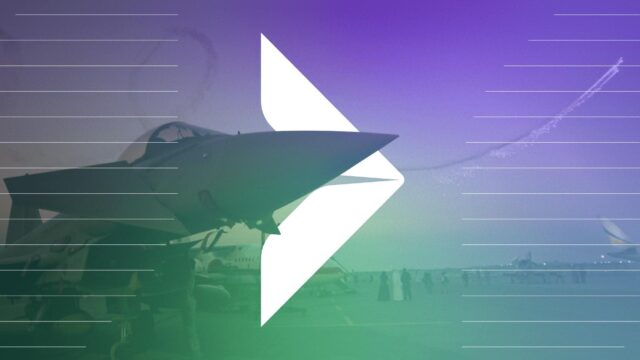Boeing accepts liability for Ethiopian crash
Boeing’s lawyers filed a joint court motion yesterday with the lawyers for the families of the 157 people who died in the 737 Max crash in Ethiopia.
The airframer has…

Boeing’s lawyers filed a joint court motion yesterday with the lawyers for the families of the 157 people who died in the 737 Max crash in Ethiopia.
The airframer has accepted sole liability for the fatal accident and has laid out a process to settle almost all of the claims brought against it.
The filing states:”The defendant, Boeing, has admitted that it produced an airplane that had an unsafe condition that was a proximate cause of Plaintiff’s compensatory damages caused by the Ethiopian Airlines Flight 302 accident.”
Boeing has explicitly agreed that the pilots of flight 302 were not at fault and has also exonerated two Max suppliers: the company that built the jet’s angle of attack sensor and the one that produced, to Boeing’s specification, the aircraft’s faulty flight control software.
Agreement “allows parties to determine appropriate compensation for each family”
The motion included a binding agreement on the settlement process which has been signed by all but two of the victims’ families. The agreement states compensatory damages for each individual claim will be decided either in mediation or in Illinois court. Boeing has agreed not to try to force overseas families, many of which reside in Africa, to seek damages in their home countries, where awards would be far lower.
A statement issued by Boeing said the agreement “allows the parties to focus their efforts on determining the appropriate compensation for each family. Boeing is committed to ensuring that all families who lost loved ones in the accidents are fully and fairly compensated for their loss.”
The stipulation will mean Boeing will not be required to reveal the issues within the design and certification of the Max which led to the two crashes. The agreement will result in the closing of continued legal discovery processes or depositions that would seek further evidence of any wrongdoing by Boeing.
Jury will not hear further evidence on issues of liability
The stipulation stated: “The jury shall not hear evidence on issues of liability. The parties further agree that no evidence or argument about punitive damages will properly be the subject of discovery or be admitted.”
The two crashes by Lion Air in Indonesia and Ethiopia Airlines killed 346 people. Both crashes were found to be caused by faulty activation of the Max’s Maneuvering Characteristics Augmentation System flight control software which forced both planes into a nose dive.
Boeing has remedied design flaws in the software update that has allowed the Max to return to service. The court motion dismisses statements made in 2019 by then-Chief Executive Officer Dennis Muilenburg that the Ethiopian Airlines crew shared some blame for the crash. Boeing has stated within the filing that it does “not ascribe fault to the Pilot (Captain), Co-Pilot (First Officer) or seek contributory or comparative negligence against them.”
Boeing’s statement that it is solely liable also means two of its suppliers named in the original complaint Rosemount Aerospace, a unit of Rockwell Collins and its parent company, are free from any liability. The motion added: “Boeing does not blame nor allege that any other person or entity was responsible.”
Financial compensation for each family will be worked out in lengthy proceedings which will consider each family’s circumstances. The agreement states the families are entitled to “the full measure of damages permitted under Illinois law.”
The damages are to be weighed in the same terms for every family “regardless of the citizenship, residency, domicile or nationality of any Plaintiff or decedent.”
Subscribe to the FINN weekly newsletter
